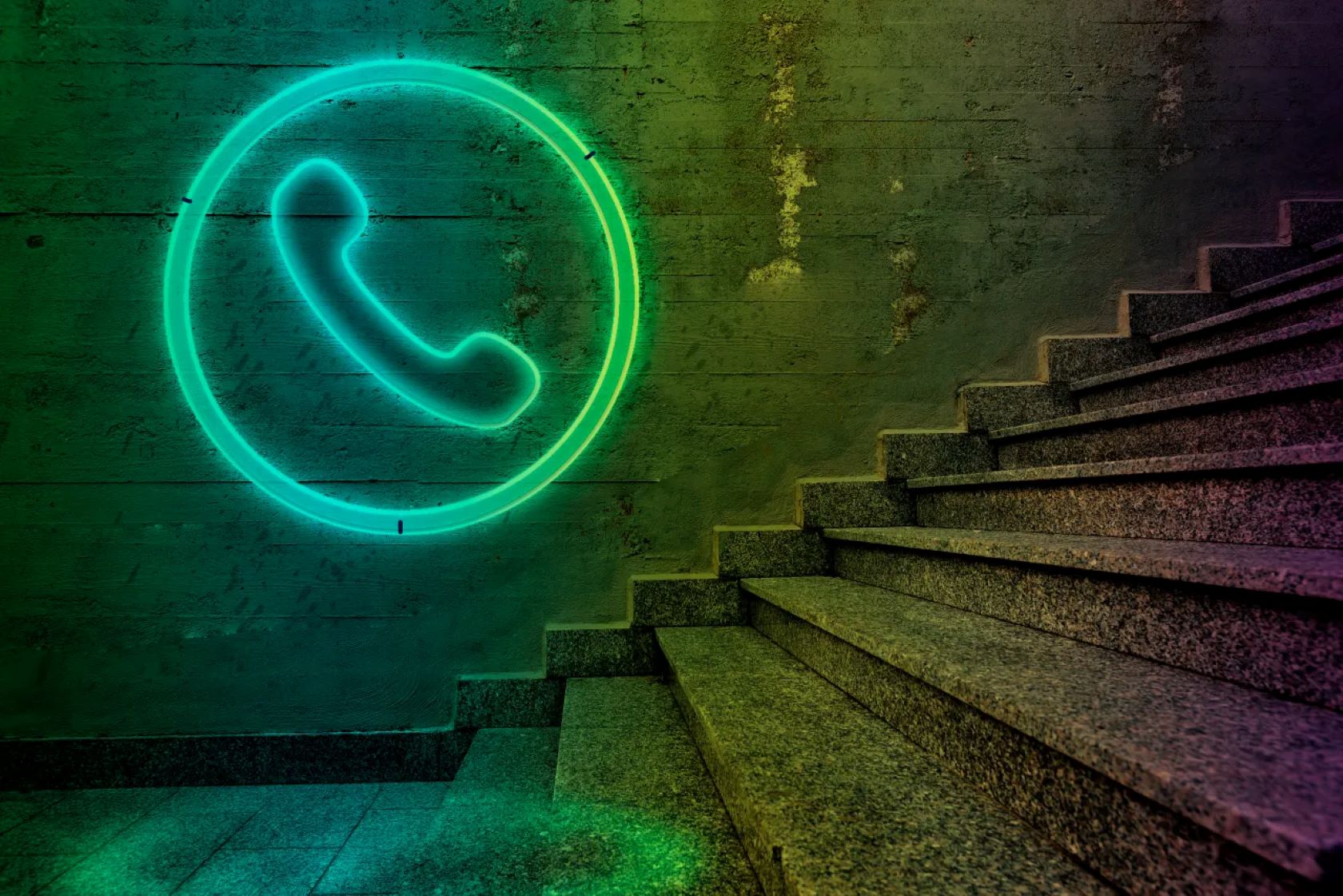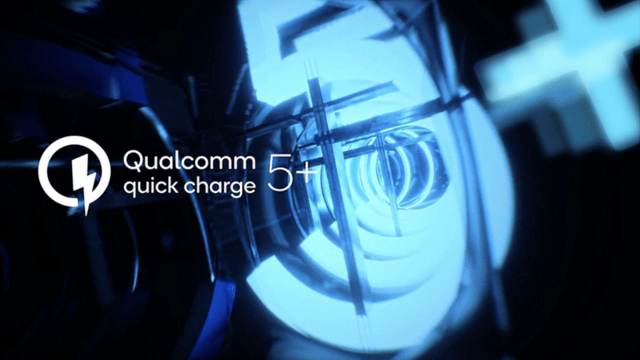A team of researchers have proved that there is the existence of black holes in the universe as they detect gravitational waves for the 1st time after the collision of a pair in space. These gravitational waves were physically detected by the researchers after this accident took place 1.3 billion years ago.
They used sophisticated giant detectors located in Livingston and Hanford to detect these gravitational waves. The researchers discovered these waves first time on the 14th of September. The origination of these waves was seen during a split second when two black holes collided in 1 and merged into 1.
Researchers state that the collision was massive, and they reported that it was 50 times great as compared to the power of all stars together in the universe.
Kip Thorne, a theoretical physicist at California Institute Of Technology, stated that an owing to such a massive event, gravitational ripples propagated towards the earth.
They held a press conference for publicizing this news on Thursday in Washington. These scientists stated that the black hole was 29 times as compared to the mass of the sun.
The executive director of Advanced Laser Interferometer Gravitational-Wave Observatory, David Reitze said that this was the 1st time the universe had communicated with gravitational waves.
Laser interferometers were used for identifying the waves; these are 2.5 mile long L-shaped tubes that separate laser light into two beams. These beams are used for monitoring the distance between mirrors place at the end of 2 arms.
LIGO stated that since the machines are so delicate, changes in mirrors smaller than the 1/10th thousandth of the diameter of the proton can be detected.
However, this doesn’t only detect gravitational waves, but researchers feel that it would also help them in finding how many black holes are there.








Add Comment